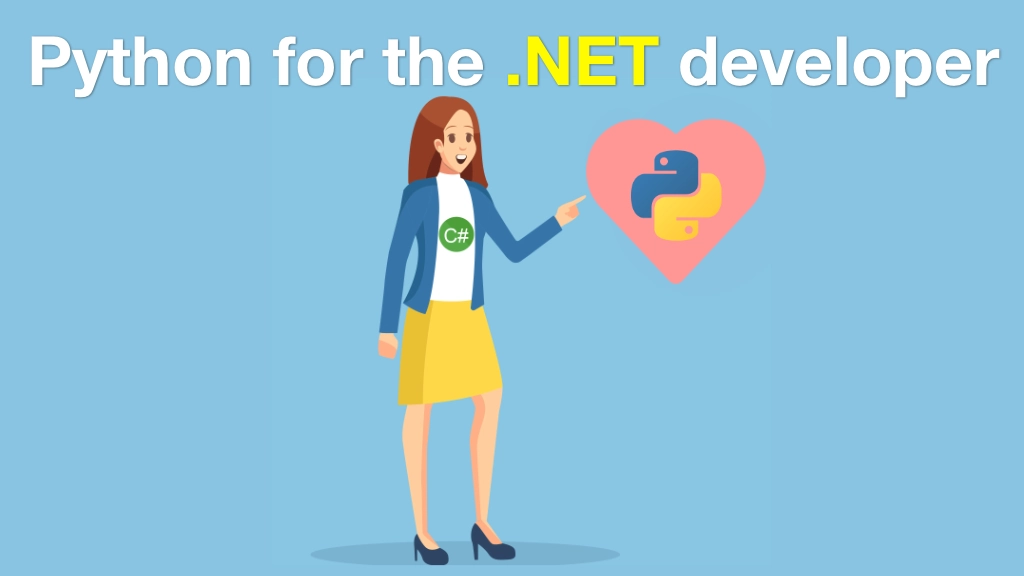Python for .NET Developers Transcripts
Chapter: Computational notebooks
Lecture: Notebook intro
Login or
purchase this course
to watch this video and the rest of the course contents.
0:00
In this chapter, we're going to talk about computational notebooks, and there are a variety of options here, but by far the most popular
0:08
are things call Jupyter Notebooks. Originally they were called iPython Notebooks and that got broadened out, so Jupyter.
0:16
The environment where we run these notebooks these days is a place called the Jupyter Lab and you'll see that right here.
0:22
We're going to look at two demos one that's a simple getting started one and one that's more mathematically involved
0:29
this Lawrence differential equations that we're looking at here. Working with notebooks is incredibly powerful for visualizing data and telling stories
0:39
but it turns out that it's a different way of programming than a lot of folks who are used to working in Visual Studio
0:46
putting together a well factored application with different tiers, and all that kind of stuff. In order to appreciate these, you really need
0:53
to kind of take a step back and realize different people are solving problems different problems, with different experiences
1:01
in different styles in Python. When I first saw notebooks I thought Well, okay, that's cool and all but I just don't get it.
1:07
Just write a file, come on, just write a program. And as I saw more folks working with it I realized for the way they work with Python
1:16
for what Python means to them notebooks are perfect. And the way that I would like them to do it the way I thought that it should be done
1:23
was totally wrong for them. There's a really interesting presentation it was a keynote, one of the keynote speeches
1:28
at PyCon 2017 by this guy named Jake Vanderplas. Jake is an astrophysicist who has become a data scientist, there's actually a lot of overlap
1:38
between those things. He was at University of Washington in Seattle and now he's at Google actually. He talked about how Python is a mosaic
1:46
and all the different things that's happening for Python not just in the web development space but in science, and in many other things.
1:54
And if you watch this talk, I think it'll give you a deep appreciation for the different styles of programming
2:00
and problem solving, and a lot of the stuff from his world, from Python in science these notebooks are perfect for exploring data
2:07
when you don't really even know where you're going but you need a great visual aspect to them. That's what notebooks are about
2:13
and we're going to see how to work with them in Python in this chapter.
